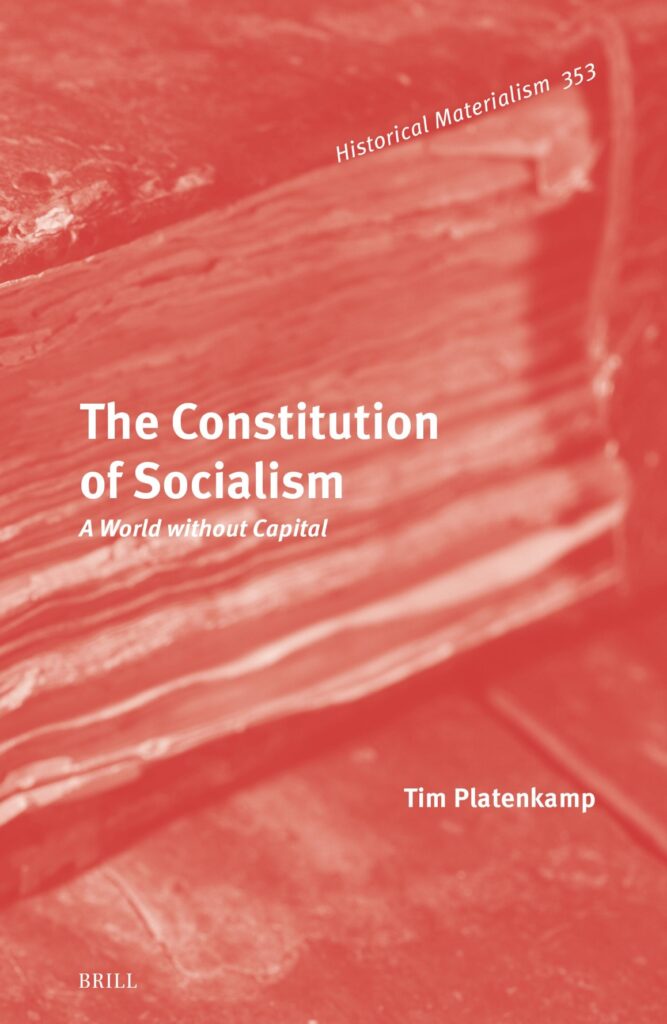Tim Platenkamp
Biographical Note
Readership
This book is particularly relevant for students and scholars interested in the political theory of civic republicanism and the political economy of socialism.
Table of Contents
Preface
Acknowledgements
Glossary
1 Introduction
1 The Crisis of Socialism – Goodbye Lenin!
2 Overview
Part 1 Diagnosis
2 Socialism in Theory – Promise and Possibilities
1 The Communist Mode of Production and Distribution
2 Economic Calculation under Socialism
3 Socialism in Practice – The Soviet Model
1 The Experience of War Communism
2 General Features of Soviet Planning
3 Material Balances
4 The System of Norms
5 Reforming the System – From Optimism to Cynicism
Addendum: Sharing in the Illusion – On the Question of State-Capitalism
4 Socialism in Practice – The Yugoslav Model
1 Laying the Groundwork
2 Toward Self-Governing Socialism
3 Bottom-Up Planning and Collapse
5 Socialism in Theory, Again
1 Back to the Drawing Board
2 The Community of Citizens
3 Contradictions of Market and Plan – The Menu of Options
4 Negotiated Co-ordination and Allocation
5 Participatory Planning of Production and Consumption
6 Big Computer and Labour Time
7 Multilevel Programming
Part 2 Remedy
6 Governance in the Socialist Republic
1 Socialist Constitutionalism and the Social Contract
2 Political Institutions and Practices of Self-Government
3 The Role of Central Planning
Addendum 1: A Note on Public Safety, Crime, and National Defence
Addendum 2: A Note on Organised Political Activity Under Socialism
7 Production in the Socialist Republic
1 Public Property and Public Domination
2 Three Public Sectors
3 Self-Government in Industry – Workers’ Councils
8 General Planning and Parametric Control
1 Cost Accounting – ‘khozraschet’
2 Planning, Prices, Allocation
3 Co-ordination, Investment, Uncertainty
4 Labour Incentives
5 The Dynamics of Growth
Addendum: On the Possibilities for Progressive Socialisation
Part 3 Conclusions
9 Postscript
1 Closing Remarks
2 What I Hope to Have Imparted to the Reader
3 Moving Forward Along the Long and Winding Road
References
Index

